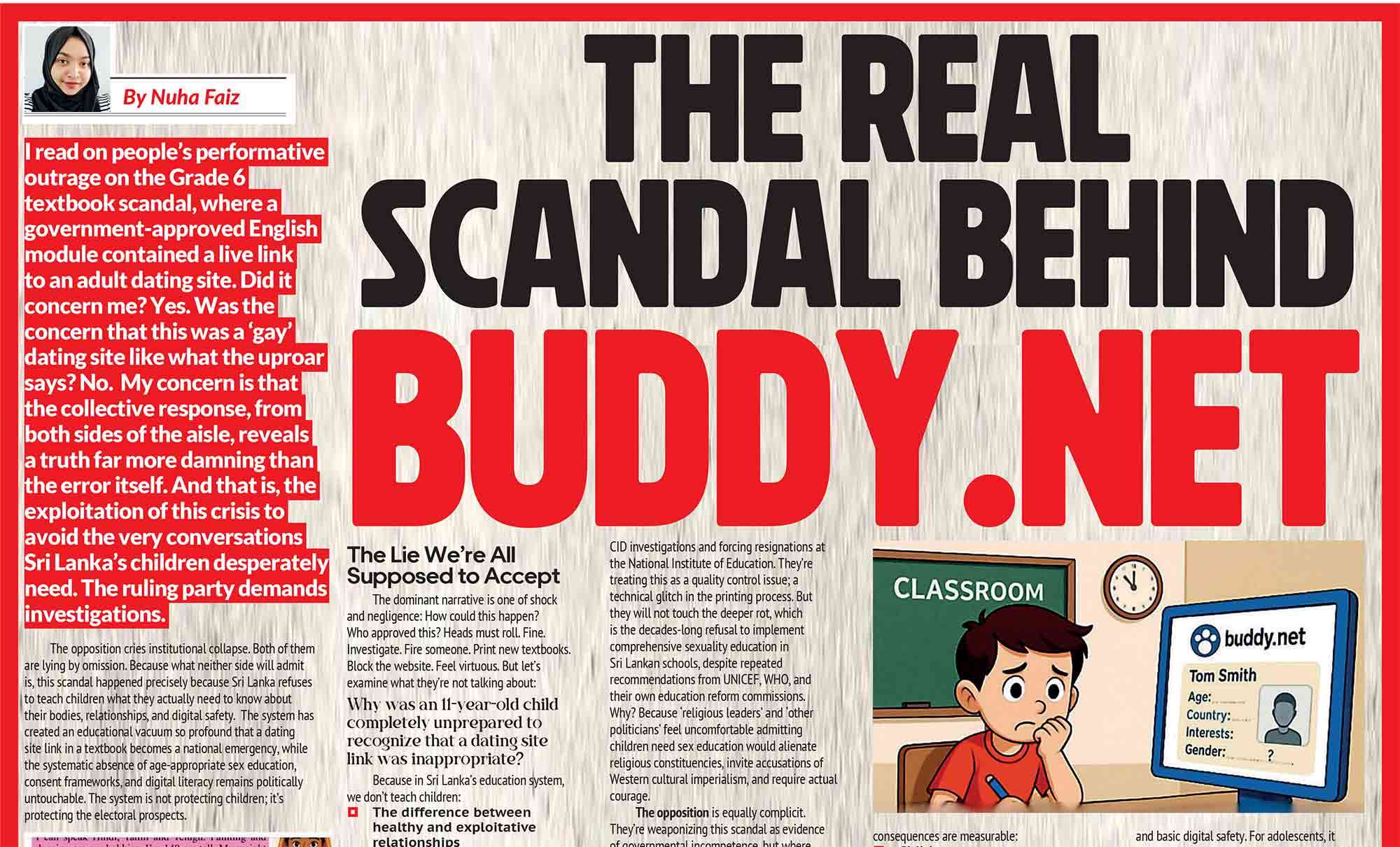
Few aspects of human nature are as paradoxical and unsettling as the quiet, or sometimes open, pleasure we derive from another’s downfall. From ancient Roman gladiatorial arenas to modern-day social media pile-ons, the spectacle of someone else’s suffering has always drawn crowds. It is not always sadism. More often, it manifests subtly: a flicker of satisfaction when a rival stumbles, relief when someone ‘more successful’ faces misfortune, or the guilty pleasure of gossip when the mighty fall. This phenomenon, often termed ‘schadenfreude’ a German word meaning ‘harm-joy,’ is universal. But why do we, as social, empathetic beings, rejoice in another’s misery? To answer this, we must look to psychology, philosophy, evolution, culture, and our own moral contradictions.
The Psychology of Schadenfreude
Psychologists identify several roots of schadenfreude: envy, rivalry, fairness, and social comparison.
- Envy as a Shadow Emotion: Envy corrodes the heart, making another’s success feel like a threat to our own worth. When the envied person suffers a setback, it temporarily soothes the envy, restoring an emotional balance. Their pain does not increase our wealth or beauty, but it lessens the sting of inadequacy.
- Rivalry and Status Games: Human beings are acutely aware of social hierarchies. Research shows that when high-status individuals fall, those beneath them often feel a sense of justice or vindication. The humiliation of the powerful temporarily narrows the gap. It reassures us that even the mighty bleed.
- Perceived Justice and Fairness: Sometimes we rejoice in misery not out of cruelty, but because we see it as deserved. A corrupt politician disgraced, a cruel boss humiliated, or a dishonest celebrity exposed, such instances feel like karmic balance. We confuse misfortune with justice, and in doing so, sanctify our pleasure.
- Social Comparison and Relief: Our happiness is often relative. If a friend loses a promotion, we did not win either, it consoles us that we are not alone in failure. Their misery reduces the sting of our own. This is not pure malice, but a survival mechanism: a way to cope with personal disappointment by recalibrating expectations.
Evolutionary Origins: Survival in the Group
To understand schadenfreude, we must look to our evolutionary past.
Group Cohesion through Scapegoating: Early human tribes depended on unity. Targeting and ridiculing a failing member may have bonded the group together, reinforcing social norms. In mocking or rejoicing in another’s downfall, communities reaffirmed what was acceptable, and who was inside or outside the circle.
Competition for Mates and Resources: Nature rewards competitiveness. A rival’s failure meant greater access to resources, mates, and status. Even today, this instinct lingers beneath our cultural sophistication. The delight at a competitor’s stumble is an evolutionary echo, a whisper from our primal past.
Learning through Others’ Misfortune: There is also a pragmatic layer. Observing others’ failures allows us to avoid repeating their mistakes. Their pain becomes our lesson. The satisfaction here is mixed with relief; better them than us.
The Philosophical Lens: Morality and Contradiction
Philosophers have long wrestled with this darker facet of human joy.
Aristotle and Tragedy: Aristotle argued that witnessing suffering in theatre evokes catharsis, a purging of emotions. Perhaps our pleasure in misery is not cruelty, but a cleansing: a way to confront pain vicariously, without personal risk.
Friedrich Nietzsche and Ressentiment: Nietzsche described how the powerless often derive comfort from the suffering of the powerful, a condition he called ressentiment. When we cannot elevate ourselves, we lower others, if only in imagination. This is not strength, but disguised weakness.
Buddhist Perspective: Buddhism warns against papatca - the mental proliferation of ill will and comparison. Rejoicing in misery is a form of attachment to ego, a failure to recognize the impermanence of fortune. Compassion, not envy, dissolves the cycle.
Christianity and Sin: In Christian theology, delighting in another’s misfortune is a sin against charity, a violation of the commandment to ‘love thy neighbour.’ Yet Christian history is filled with public humiliations, burnings, and trials that drew massive crowds. The moral doctrine and the human appetite clashed dramatically.
Cultural Expressions of Rejoicing in Misery
Across cultures and eras, human societies have institutionalized this impulse.
The Roman Colosseum: Crowds roared as gladiators were torn apart, the spectacle feeding collective hunger for drama, power, and blood. It was entertainment cloaked as honour.
Medieval Public Punishments: Stocks, hangings, and beheadings were public affairs. The masses gathered not only for justice but also for spectacle, finding relief and amusement in the downfall of others.
Modern Celebrity Culture: Today’s gossip columns, paparazzi photos, and social media scandals are the digital stocks. We elevate celebrities to unreachable heights, only to take pleasure in their inevitable collapse. The cycle is endless; build them up, then tear them down.
Sports and Rivalry: Even in harmless contexts, like football, we rejoice in the other team’s misery. Rival fans’ tears become a badge of honour. The instinct for triumph is inseparable from the pleasure of another’s defeat.
The Social Media Amplifier
The digital age has magnified schadenfreude to unprecedented levels.
Instant Scandal Consumption: A celebrity’s slip, a politician’s gaffe, or an influencer’s misstep spreads globally within minutes. Millions participate in ridicule, often under the illusion of moral superiority.
Cancel Culture: Online communities weaponize collective joy in downfall, branding it as accountability. While some cases address genuine wrongs, others expose the raw delight people take in public humiliation.
Memes and Virality: Misfortune is distilled into memes, turning private pain into global entertainment. The suffering of the few becomes the amusement of the many, commodified for clicks and shares.
The Inner Conflict: Why It Bothers Us
Despite indulging in it, many of us feel guilty afterward. Why?
Empathy as a Counterforce: Neuroscience shows that human brains are wired for empathy. Witnessing pain activates our own pain centres. To rejoice in misery, we must silence empathy, or selectively apply it.
Cognitive Dissonance: We see ourselves as kind and compassionate, yet we enjoy gossip and humiliation. This contradiction unsettles us. The guilt arises not because we harmed someone directly, but because we betrayed our own self-image.
Projection of Insecurities: Often, what we mock in others reflects what we fear in ourselves. Their downfall mirrors our hidden anxieties, and our laughter masks discomfort.
Transcending Schadenfreude
Recognizing the impulse is the first step to transcending it.
- Cultivating Compassion: Buddhist meditation on loving-kindness (metta) trains the mind to rejoice in others’ happiness instead of misery. Compassion reframes another’s downfall not as entertainment, but as an opportunity to heal.
- Redefining Success: If we detach self-worth from comparison, another’s success ceases to threaten us, and their failure ceases to comfort us.
- Celebrating Resilience Over Failure: Cultures can shift focus: rather than revel in collapses, we can admire comebacks, forgiveness, and resilience. The story of recovery is more profound than the spectacle of ruin.
- Personal Reflection: Asking ourselves, ‘Why does this misfortune make me glad?’ exposes hidden insecurities. Self-awareness interrupts the cycle.
The Mirror of Misery
To rejoice in another’s misery is deeply human, but it reveals more about ourselves than the person suffering. It is a mirror reflecting our insecurities, envies, and fears. History, psychology, and culture have normalized this impulse, but it need not define us. True strength lies not in celebrating downfall, but in lifting others when they fall. The applause we give to suffering is easy, but the compassion we offer in its place is transformative. As long as we are human, schadenfreude will lurk in our hearts. But acknowledging it, questioning it, and choosing empathy over mockery may be the quiet revolution that elevates us above our instincts.











